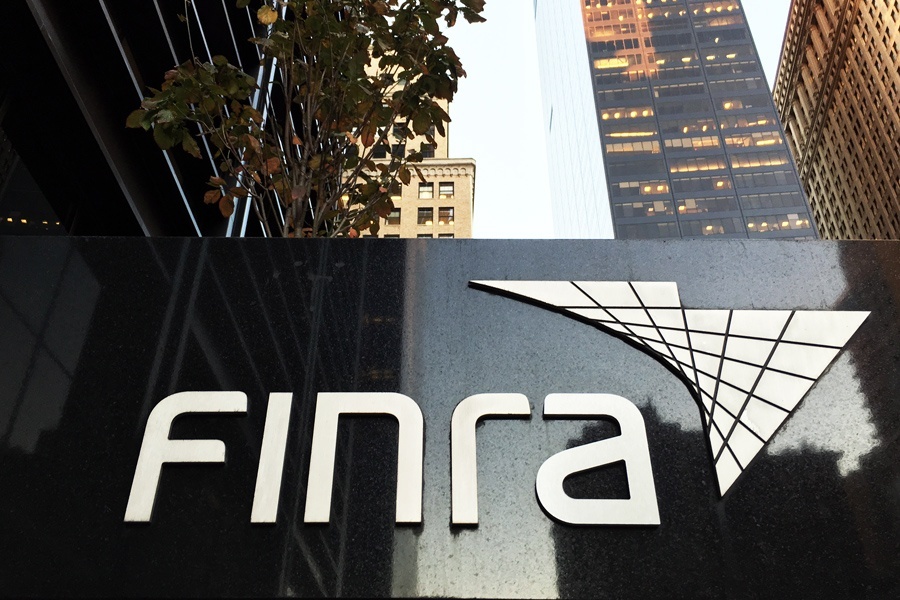

Bank of America and its subsidiary, Merrill Lynch, have reached a settlement with Finra, including a $3 million fine and censure, for a reported years-long failure to adequately supervise potentially manipulative trading by their customers.
The settlement, dated August 28, stems from violations that occurred over several years, beginning in 2015 for Merrill Lynch and 2019 for Bank of America Securities, the firm’s institutional broker-dealer, according to Finra.
The AWC noted that both entities relied on third-party surveillance systems to detect manipulative practices, such as wash trading and prearranged trading. These activities, where investors buy and sell the same securities to create the impression of market activity involving the same securities, were not properly flagged due to the "too narrow" parameters set within the surveillance systems.
“[T]he firm did not take reasonable steps … to determine whether these parameters were reasonable or additional surveillances were necessary,” Finra said. “The firm could not explain why it initially selected the particular modules that it used or why it did not select other modules that were available from the vendor.”
The ACW letter also highlighted how at certain periods, Merrill excluded trading in OTC securities and warrants from its surveillance systems. While its surveillance system had the capability to surveil for wash trading in warrants as early as 2016, a coding error let those trades fall through the cracks until January 2019.
“Between July 2017 and October 2018, Merrill failed to have a surveillance system in place to detect wash trading, prearranged trades, matched trades, or spoofing and layering in OTC securities because [it] had failed to purchase the OTC data feed from its third-party vendor,” Finra said.
Because of their “deficient” systems, the firms failed to review 155 alerts linked to approximately 700 potentially manipulative equity trades, as well as roughly 1,000 alerts that represented around 125,000 potentially manipulative options trades, by Finra’s count.
The failure to detect these trades went unnoticed until August 2020, when Merrill Lynch responded to a regulatory inquiry. Finra noted that there were numerous red flags, including internal testing results, that should have raised alarms at the firms.
The violations were found to be in breach of Finra’s Rule 3011, which mandates reasonably designed supervisory systems, and Rule 2010, which requires firms to uphold "high standards of commercial honor."
Merrill Lynch and Bank of America accepted the settlement – with $699,000 of the fine to be paid to Finra and the rest to exchanges including the NYSE and Nasdaq – without admitting or denying the findings.
"We have been enhancing our surveillance program and will continue to implement improvements to ensure we meet regulatory requirements," Merrill said in a statement, noting there was no client harm found related to the findings by Finra.

Relationships are key to our business but advisors are often slow to engage in specific activities designed to foster them.

Whichever path you go down, act now while you're still in control.

Pro-bitcoin professionals, however, say the cryptocurrency has ushered in change.

“LPL has evolved significantly over the last decade and still wants to scale up,” says one industry executive.

Survey findings from the Nationwide Retirement Institute offers pearls of planning wisdom from 60- to 65-year-olds, as well as insights into concerns.
Streamline your outreach with Aidentified's AI-driven solutions
This season’s market volatility: Positioning for rate relief, income growth and the AI rebound
